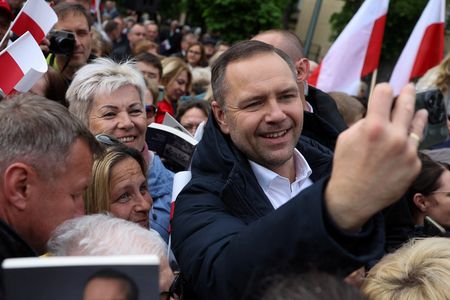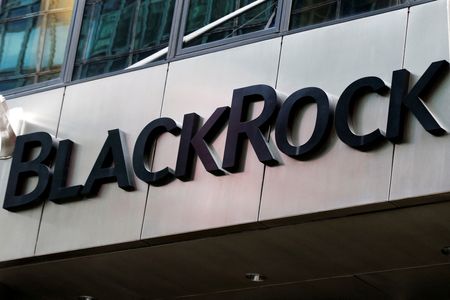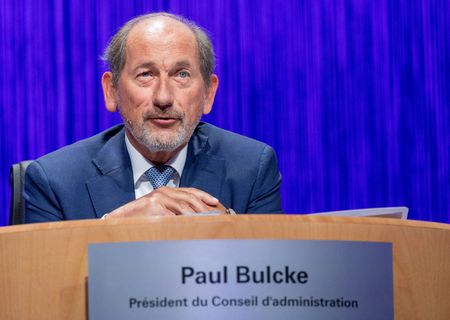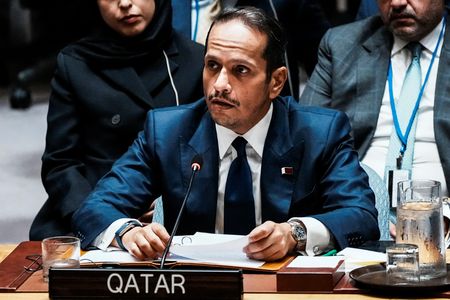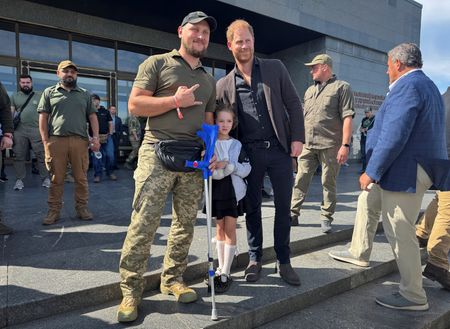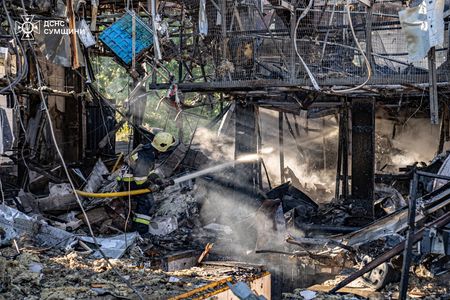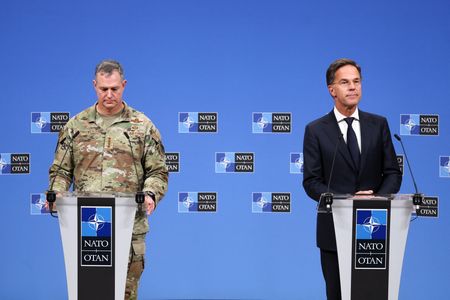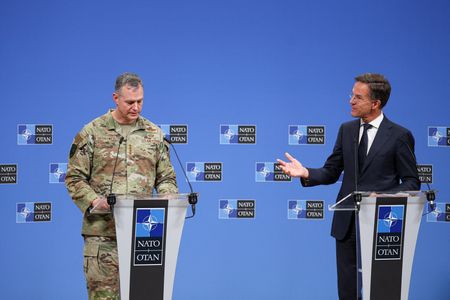By Anna Wlodarczak-Semczuk and Justyna Pawlak
WARSAW (Reuters) – While his main rival plays up his European credentials, nationalist Polish presidential candidate Karol Nawrocki posts videos of himself at shooting ranges and boxing rings or meeting U.S. president Donald Trump at the White House.
Unlike other eurosceptics in central Europe, such as Slovak Prime Minister Robert Fico, Hungary’s Viktor Orban, or George Simion who is running for Romanian president on Sunday when Poland will vote, Nawrocki supports giving military aid to help Ukraine fend off Russia’s three-year-old invasion.
But he says that, if elected, he will oppose membership in Western alliances for Ukraine until it clears exhumations of the remains of Polish victims killed by Ukrainian nationalists during World War Two – a divisive issue between the allies for decades.
Ukraine, which began allowing exhumations in April, says the killings – Poland counts over 100,000 victims – were part of a wider conflict between the two nations and that thousands of its own citizens were also killed.
Nawrocki’s critics say he is fuelling unease over Ukrainian refugees at a time when the far-right is highlighting migration, the cost of living and security. He cites his campaign slogan, Poland First.
“Let’s help others, but let’s take care of our own citizens first,” he said on social media last month.
Opinion polls show Nawrocki, 42, a conservative historian and amateur boxer, in second place ahead of the ballot, following liberal Warsaw city mayor Rafal Trzaskowski. The two will likely compete in a runoff on June 1.
Three years into Ukraine’s war with Russia, some Poles blame the roughly one million refugees in the country for lengthy healthcare queues, low pay and packed kindergartens, in an echo of pre-Brexit Britain.
THE FIGHT ON THE RIGHT
Opinion polls show far-right Slawomir Mentzen third in the running and his votes may be crucial for Nawrocki to win in the second round.
“It’s a policy built on fear towards Ukrainians,” said Anna Materska-Sosnowska from Warsaw University. “It’s meant to attract (far-right) voters.”
Historical grievances have long been championed by politicians on the right in Poland, in particular by the arch-conservative Law and Justice (PiS) opposition.
PiS attracted wide criticism in the West that it was subverting democratic norms when it governed for eight years until 2023. Although Nawrocki is technically an independent, PiS has fielded him in the presidential vote.
As head of the Institute of National Remembrance, which researches crimes against Poland, Nawrocki is also subject to a Russian arrest warrant over its policy of removing monuments commemorating the Red Army’s advance at the end of WW2.
For Ryszard Przyborowski, a pensioner from western Poland who plans to vote for Trzaskowski, Nawrocki cannot be trusted and his Ukraine policy is unconvincing: “We should focus above all on building good neighbourly relations,” he said.
Nawrocki’s support has edged down in recent weeks amid allegations that he had not declared ownership of an apartment acquired from a vulnerable pensioner. Many people are standing by him, however, saying he understands their struggles with the cost of living and migration.
Critics have also raised doubts about acquaintances from his youth, including football hooligans and convicted criminals, some of whom were reported to have taken part in events organised by the WW2 museum in Gdansk when he managed it.
Nawrocki dismisses the criticism, distancing himself from the convicts and saying his football fans are Polish citizens like any other.
(Reporting by Anna Wlodarczak-Semczuk; Editing by Philippa Fletcher)

